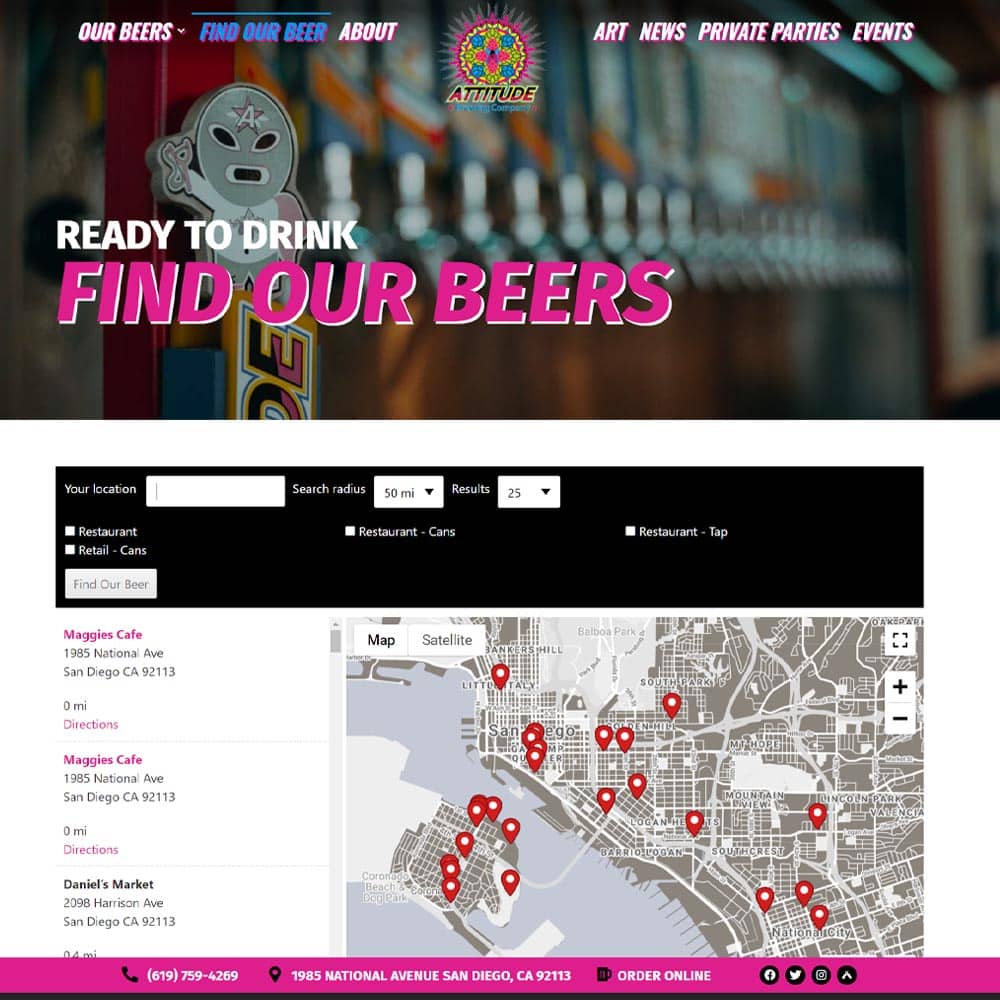
It’s Not Just the Money
In today’s economy, one might expect customers to want the lowest price they can get. While customers do want this, service trumps price almost every time. Expectations of the customer, especially when shopping at a small business, is to be served by knowledgeable staff, people who listen to their requests and make whatever effort they can to meet. them. They want the service you give them to be more about serving them than actively “marketing” or “selling” to them while they are trying to make a purchase. Say please and thank you all you want, but no, they probably don’t “want fries with that.,” and a salesperson that comes off as too pushy will keep a customer from coming back, no matter how big that smile is.
So, beyond that baseline of being friendly, knowledgeable, and available without getting too pushy, how do you tell what customers want? Ask them.
While asking someone what they want seems like a no-brainer, it traditionally hasn’t been part of the typical marketing campaign. Many businesses declare that customers don’t know what they want, and while this may be true in a sense, it also isn’t. Being able to take what customers say and translate it into something you can use in order to direct your own product or service in a way that will satisfy them. Many people believe that the automaker, Henry Ford said, “If I asked customers what they wanted they would’ve said they want faster horses.” — no evidence seems to exist that verifies this quote. However, what he did say was, and was quoted in the book How to Win Friends and Influence People was, “If there’s one secret to success it lies in the ability to get the other person’s point of view and see things from that person’s angle as well as your own.”
In those moments when it isn’t possible to get actual feedback from a customer one of the best small business tips is to take a moment to imagine yourself as your own customer and find out what it takes to satisfy the customer’s needs. Small businesses have a unique advantage here, as many businesses actually get started because of frustration the owners felt when larger businesses did not do this.
Making the Connection
Connecting with customers takes more than putting yourself in their place. Empathy is good, but a little verification never hurt. Many businesses have found that they can feed in demographic information of their typical customer and come up with short surveys of ten minutes or less which will reveal what is most important to a customer.
Maintaining an engaging presence on social media sites can also encourage customers to give feedback. A customer who is buying an outfit at a clothing store may not want to be sold a scarf that goes with that blouse at the same time she is trying to keep two small children entertained, but once they are off to bed, she might want to take another look. “Survey questions” can double as status updates and encourage discussion and real insight to your customer’s needs.







